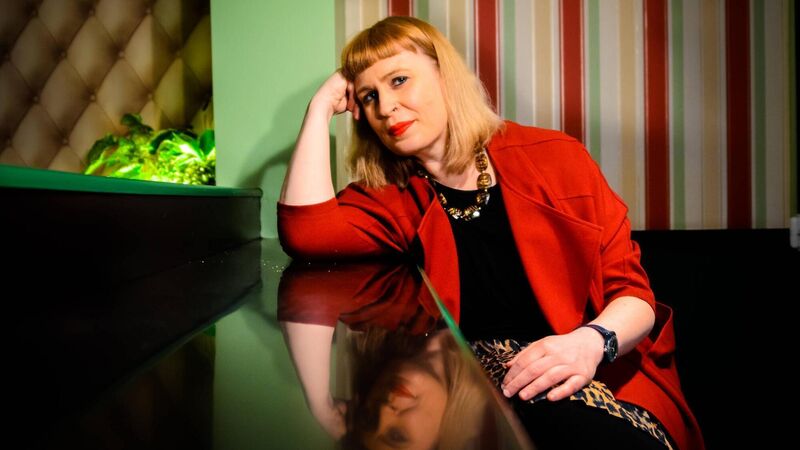Culture That Made Me: Author Jan Carson on Dylan, Zone of Interest, and the Bible

Jan Carson is one of the authors at Words by Water: Kinsale Literary Festival
Born in 1980, Jan Carson grew up in Ballymena, Co Antrim. In 2014, she published , the first of several novels and short story collections. In 2019, she was awarded the EU Prize for Literature. She is in conversation with Shane Coleman as part of the Kinsale Literary Festival, 6pm Friday, October 4, Methodist Church, Kinsale, Co Cork. For a full programme of the festival, see www.wordsbywater.ie




